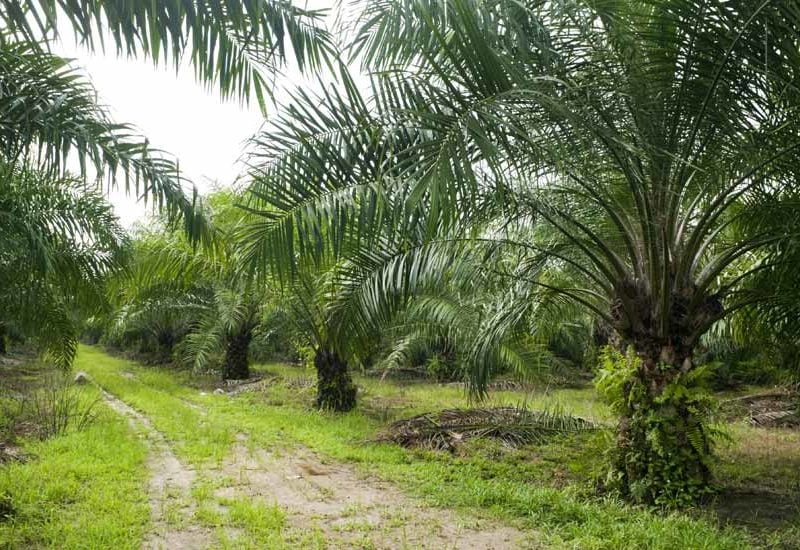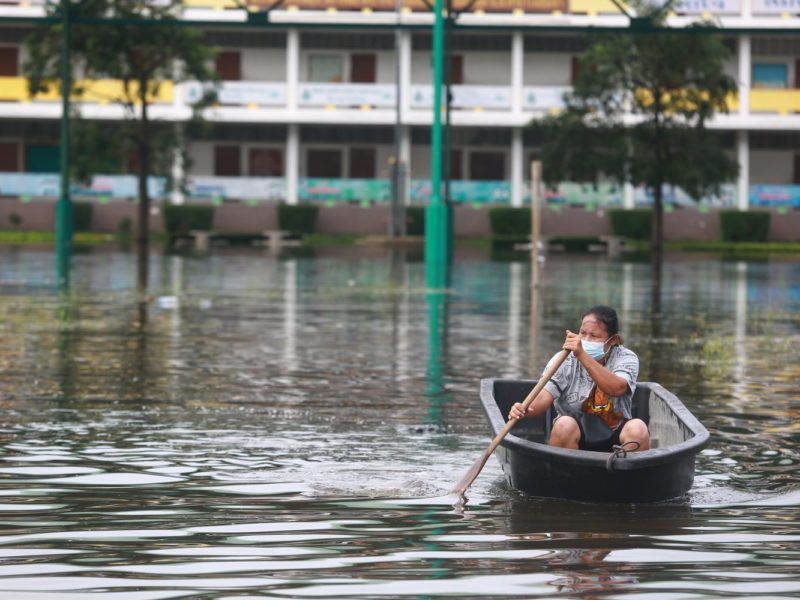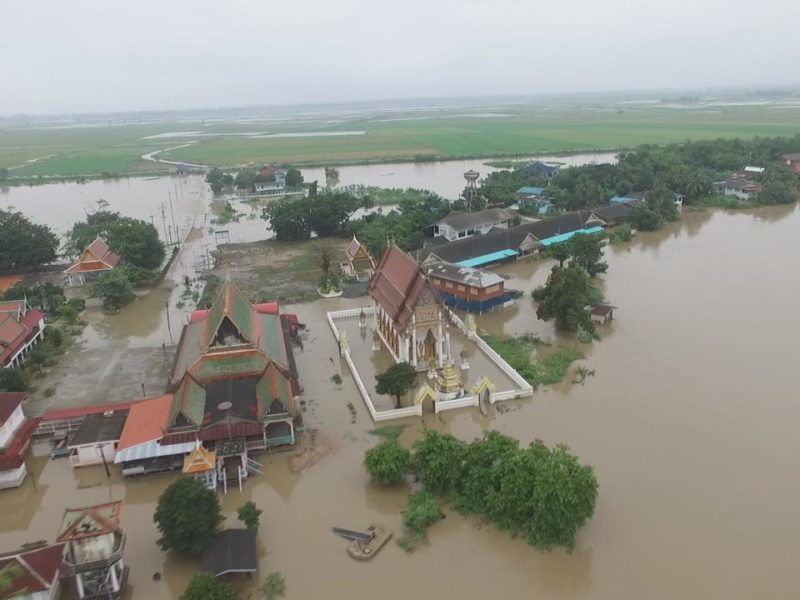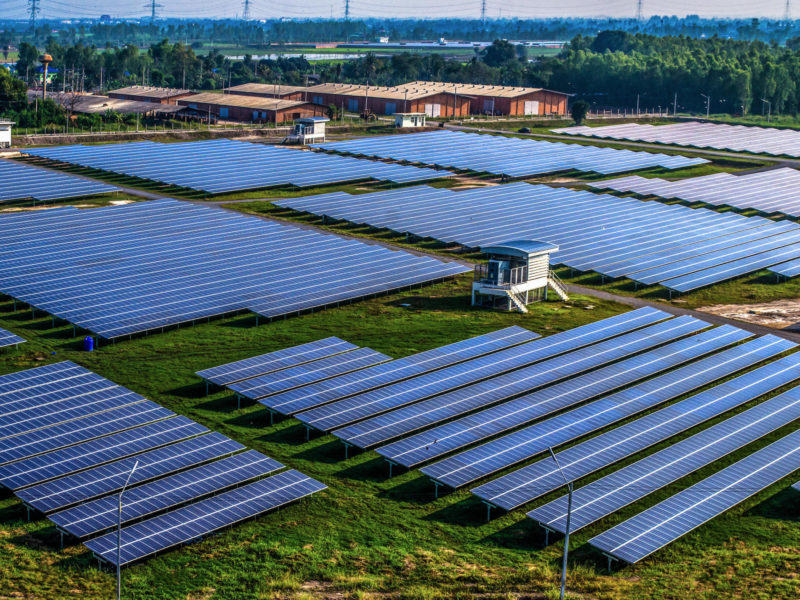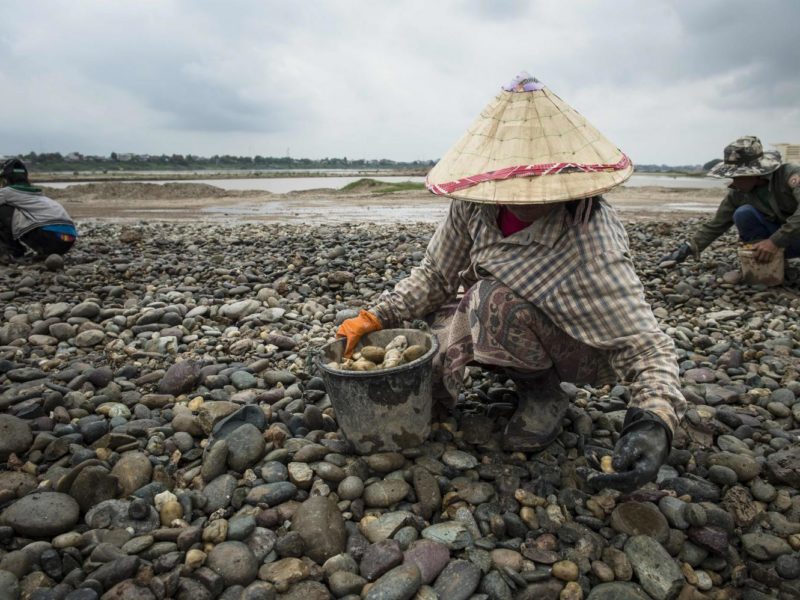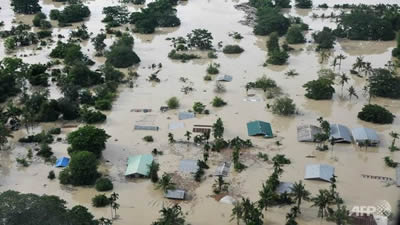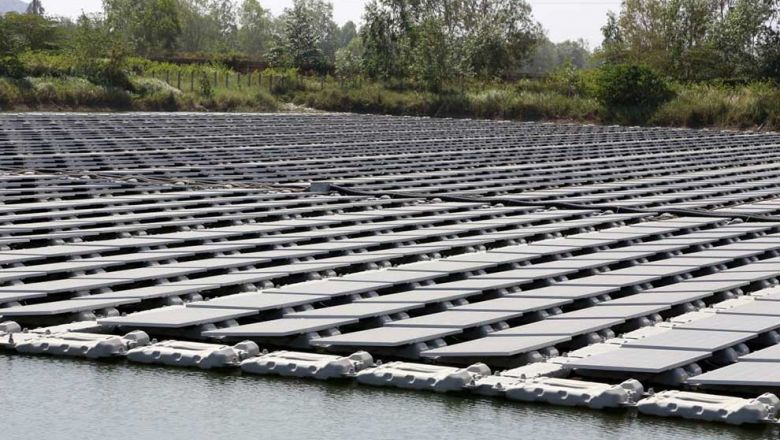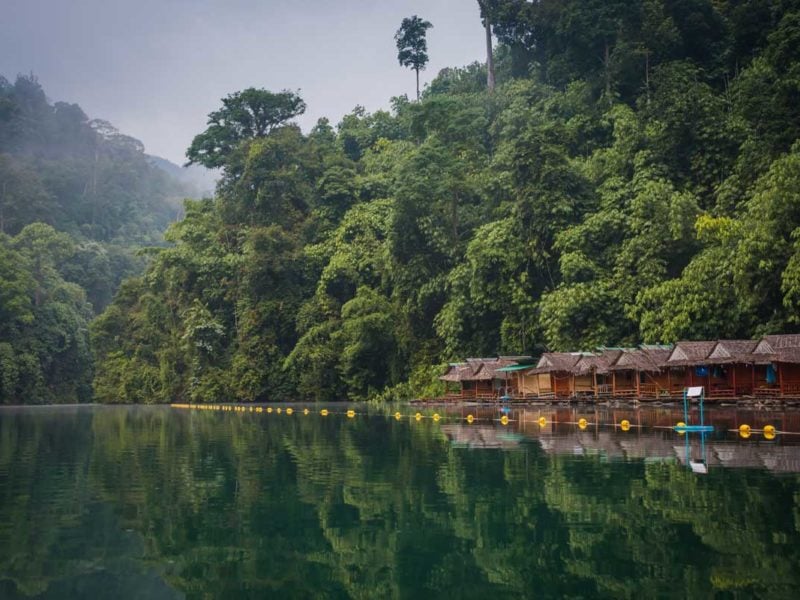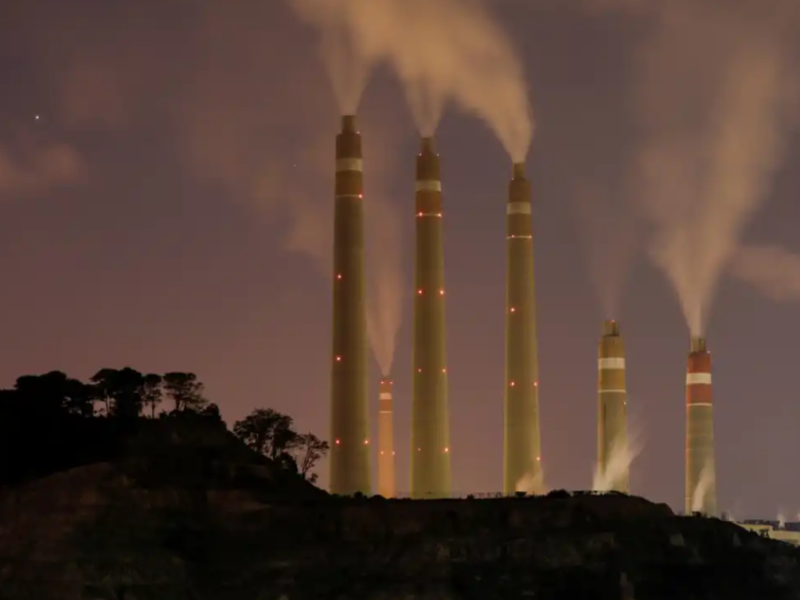For over a decade, the government required that palm oil be blended with diesel, and ethanol with benzene. This policy helped boost the price of these energy plants while also lowering imports of fossil fuels and cutting down air pollution.
Category: Opinion
Collection of opinions relevant to the Mekong environment published in media outlets across the globe.
Thailand shows lack of commitment at COP26
Thailand shows lack of commitment at COP26
Govt ill-prepared to tackle climate woes
It’s an existential threat, indeed. But rather than learning about the threat and how to deal with it sensibly, the person at the helm seems more concerned about holding on to his seat of power.
Cambodia can secure reliable electricity without new coal
With the China–Cambodia free trade agreement ratified by the Cambodian National Assembly last month, and an updated investment law prioritising incentives for green energy, it looks like the future of Cambodia’s electricity system could be getting brighter – and greener.
Act now to save Mekong
The MRC urges states to come up with an “integrated river management plans to address risks from increasing hydropower development”. The warning reflects the lack of collective action to address the threat to the Mekong River that is the damming of its course.
Competing over climate: Myanmar’s valuable and climate-vulnerable geography
Of all the places in the world most likely to be profoundly harmed from rising sea levels and increased frequency of storms, the Bay of Bengal and the Nicobar Islands are the most likely to face sustained, wrenching change.
Bringing “the people” back in: Forest resources conservation with Dr. Apichart Pattaratuma
The real issue is big corporations invade the forest. This is very significant. Deforestation happens mostly from large scale corporation rather than small scale farmers.
Southeast Asia energy policies on track to disaster
ASEAN leaders’ climate change pledges are undeliverable empty promises
Why Vietnam needs a circular economy for plastics
Increasing consumption of single-use plastics and mismanagement of wastes is visibly polluting the country’s cities and beaches, adversely impacting biodiversity and natural habitats, and contributing to climate change.


